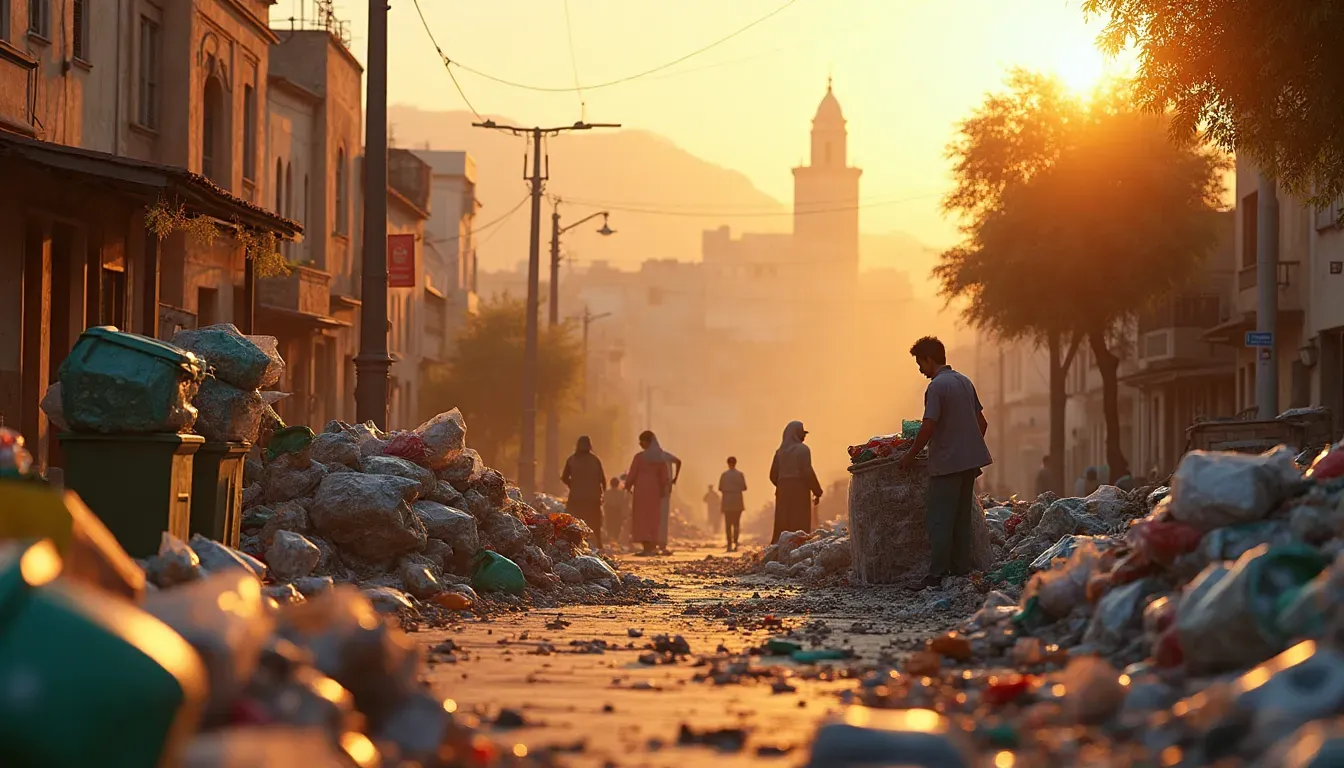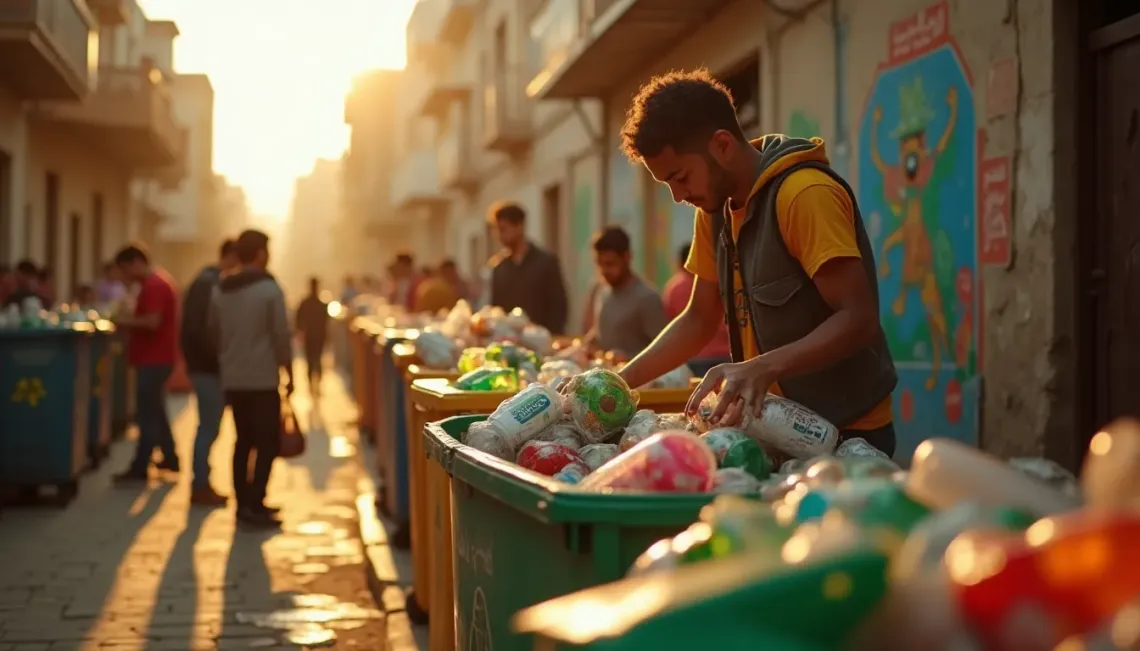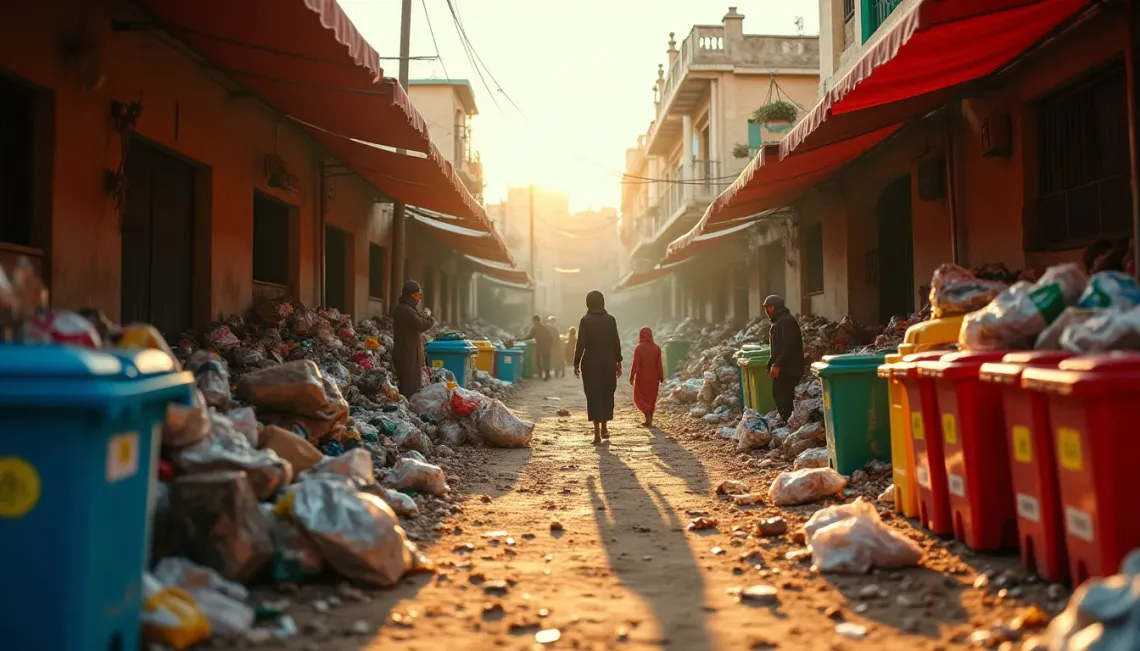Recycling challenges present significant hurdles in Moroccan cities, where effective waste management is crucial for environmental sustainability. As urban areas expand, the need for innovative solutions to manage waste and promote sustainable practices has never been more pivotal. This article delves into the current obstacles Moroccan cities face concerning recycling, alongside the innovations driving the change towards greener waste management solutions.
Understanding Recycling Challenges in Moroccan Cities
Moroccan cities are grappling with various recycling challenges that hinder efficient waste management. These obstacles include:
- Infrastructure Limitations: Many Moroccan municipalities lack the advanced infrastructure required for effective waste sorting and recycling processes.
- Public Awareness: There's a significant need to increase public awareness regarding recycling and the impact of waste on the environment.
- Economic Constraints: Limited resources and funding often impede the development of comprehensive recycling programs.
- Regulatory Policies: The absence of stringent regulations and policies can delay the progress toward sustainable practices.
Environmental Implications
Without addressing these recycling challenges, Moroccan cities risk exacerbating environmental degradation, contributing to pollution and depleting natural resources. Effective waste management is essential to minimize these impacts and support sustainable urban development.
Innovations Driving Positive Change
Despite the hurdles, several innovative solutions are gradually transforming the waste management landscape in Morocco:
Advanced Waste Sorting Technologies
Innovations in waste sorting technologies allow more efficient separation of recyclable materials. Moroccan cities are gradually integrating automated systems that enhance sorting precision, ensuring valuable materials are effectively recycled instead of ending up in landfills.
Community Involvement Programs
Engaging the community through educational programs is a key strategy to overcome the recycling challenges. Cities are implementing initiatives that involve citizens in recycling processes, encouraging sustainable practices at the grassroots level.
Public-Private Partnerships
Collaborations between the government and private sectors are critical in enhancing waste management systems. These partnerships have led to the development of better recycling facilities and the promotion of innovations that can sustainably manage waste in Moroccan cities.
The Path Forward for Moroccan Cities
Achieving efficient waste management and overcoming recycling challenges in Moroccan cities requires a multifaceted approach. Continued innovations and sustainable practices are imperative to advance towards a more environmentally friendly future. By addressing these challenges head-on and embracing novel solutions, Moroccan cities can not only improve their waste management systems but also set an example for other regions grappling with similar issues.
To explore more about sustainable practices and advancements in Morocco, consider reading about renewable energy initiatives in Moroccan cities, which complement efforts in waste management and reinforce the country's commitment to sustainability.
In conclusion, while Moroccan cities face significant recycling challenges, the ongoing innovations in waste management offer a promising route to bolster sustainability efforts. As awareness and technological progress continue to grow, Moroccan cities are poised to lead by example in adopting effective and sustainable waste management practices.




